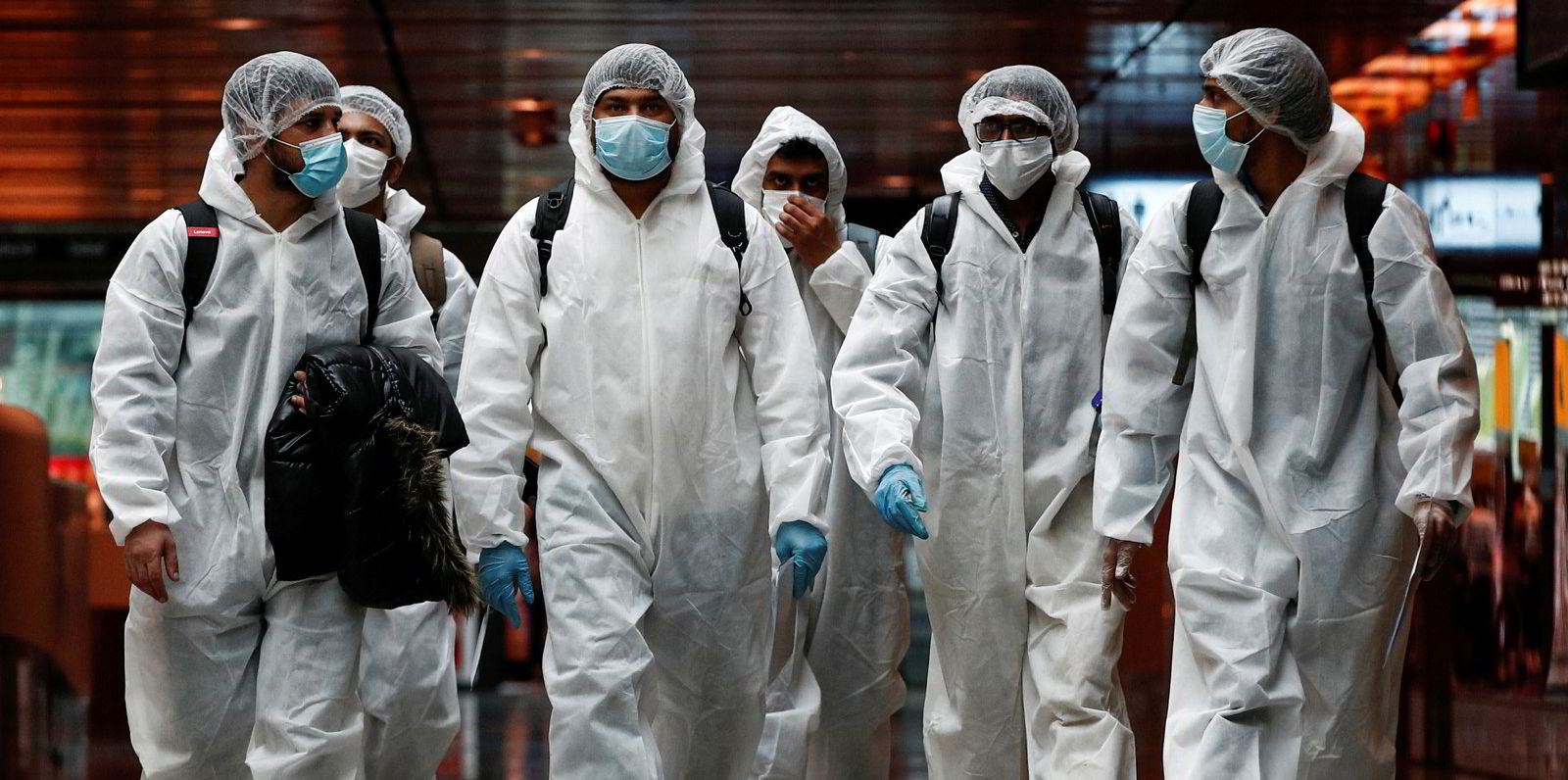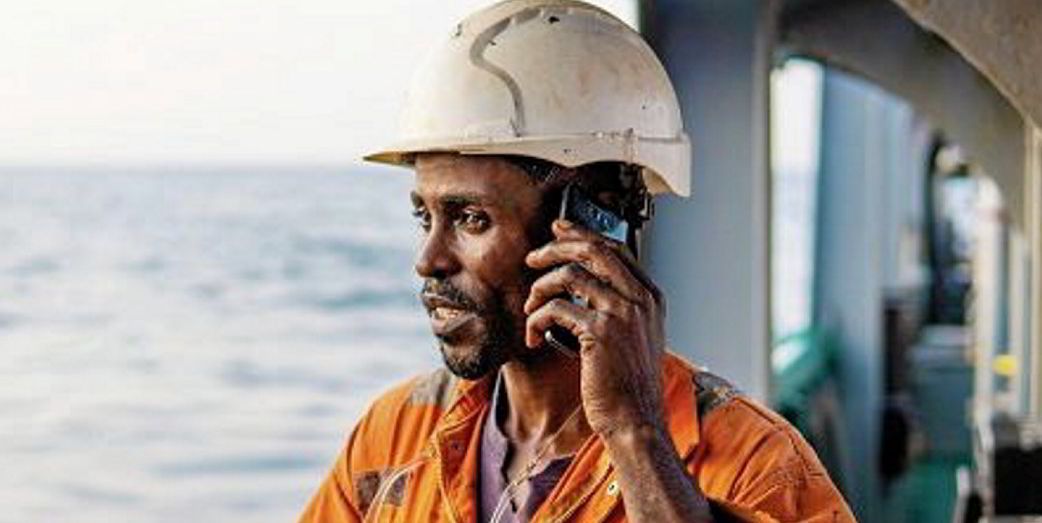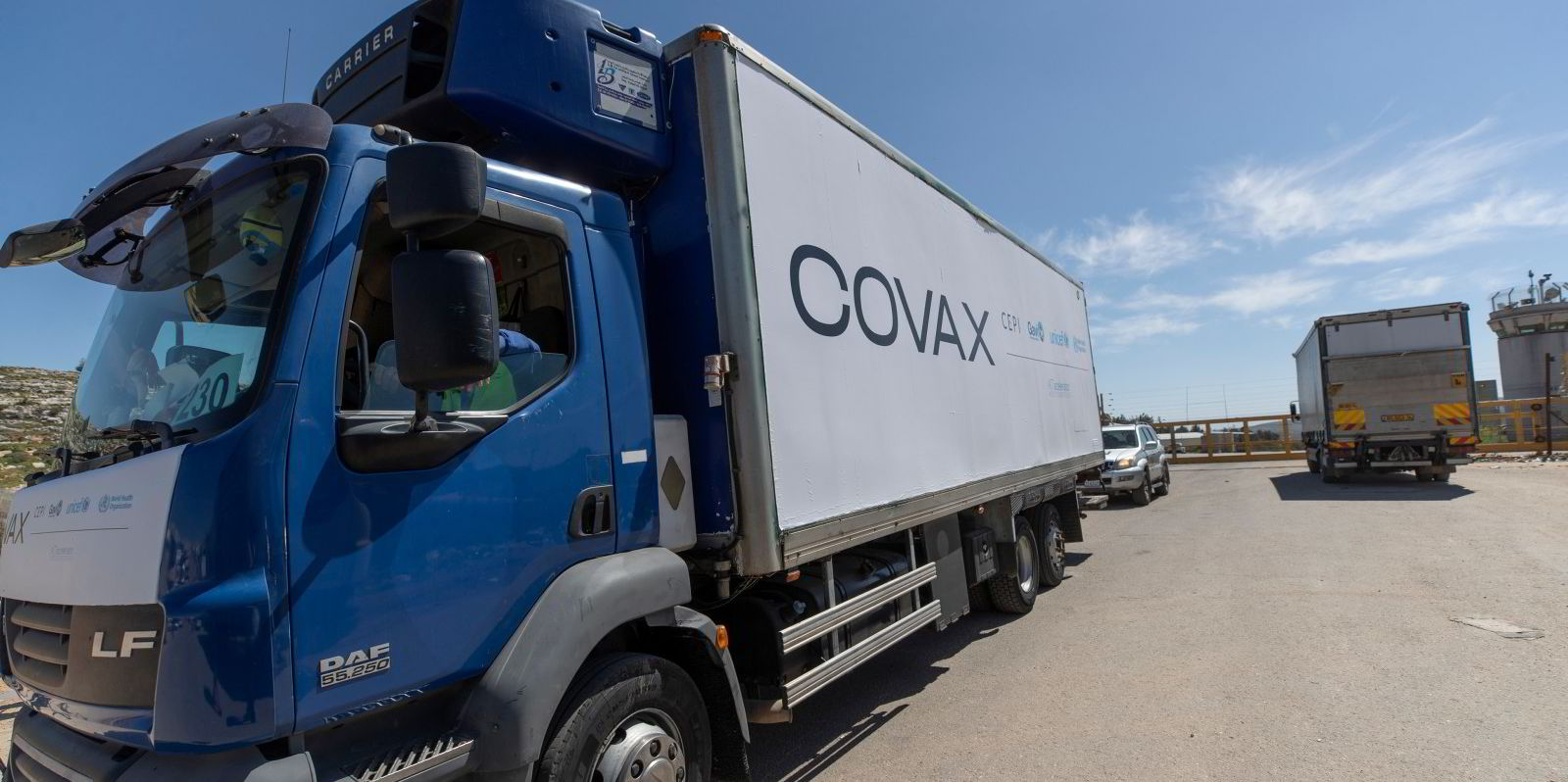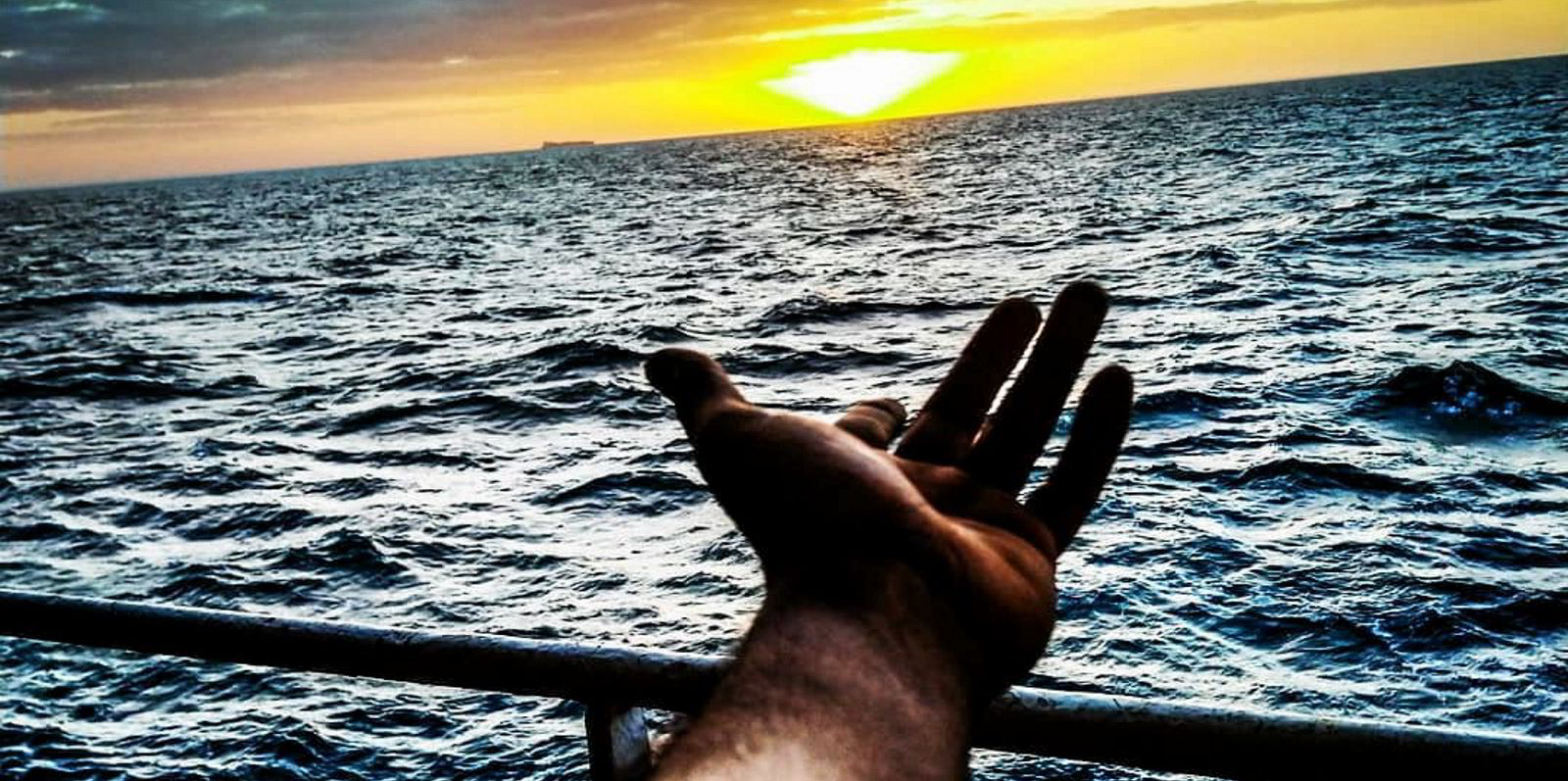A plan by leading shipping associations to secure Covid-19 vaccine jabs under the World Health Organization (WHO)’s Covax scheme is a great idea.
As reported by TradeWinds, the International Chamber of Shipping is leading a working group that is making the case for the industry to be given up to 1m vaccines by the WHO.
In theory, a worldwide inoculation programme for seafarers — most of whom are from the developing countries that Covax was set up to help — should be the key to allowing them to do their jobs and get home.
It is also important because many countries are making vaccination of crew a condition of entering ports. That could make the crewing problems worse, and the issue more complicated, if there is only limited vaccination.
The shipping associations have a strong case to argue in their efforts to secure vaccines. That hundreds of thousands of seafarers find themselves unable to get home is a humanitarian crisis.
Global politics
Also, seafarers play a critical role in the global distribution of vaccines and medical equipment, so they need to be one of the first sectors, rather than last, in the queue for vaccines.
But it will not be easy to inoculate the world’s maritime workforce. First, there is the global politics involved in vaccination programmes to overcome.
China is insisting that travellers must have been vaccinated by its Sinovac and Sinopharm vaccines. The European Union does not currently recognise China’s vaccines or Russia’s Sputnik V vaccine.

Then there is the issue of certification. Although the EU is working on a scheme to develop digital vaccine certification by the end of the summer, there does not seem to be any progress on a global scheme.
The WHO wants to develop a “trusted international framework” to allow global travel, which is not dependent on vaccination.
Efforts to get crew home are starting to have an impact. It is too early to let up on these efforts now in the hope that vaccinations will rescue the situation
If the industry associations are successful in securing the vaccines, a global network of vaccination hubs will also have to be established. The question of which crews should be inoculated first, and where, will inevitably have to be tackled.
In addition, the same safety fears that are hampering vaccination programmes in wider society are likely to affect seafarers. There is no guarantee a full complement of crew will be willing to be vaccinated, and seafarers should not be forced to do so.
There is a danger that shipping will make the mistake of pinning its hopes on vaccines as a solution to the crew crisis.
The latest figures show that efforts to get crew home are starting to have an impact. The number of seafarers forced to work beyond their contracted period has halved in the past six months to 200,000, with roughly the same number waiting to replace them.
This progress has been made at a time when the numbers of Covid-19 infections have soared globally and there has been little easing in the travel restrictions placed on seafarers.
It is too early to let up on these efforts now in the hope that vaccinations will rescue the situation.
The collective commitment to get mariners home made through the Neptune Declaration must be maintained. Owners can continue to apply pressure on charterers to allow vessels to divert for crew change.
The International Maritime Organization can play a pivotal role in encouraging governments to designate seafarers as key workers, and to make good on their promises to prioritise seafarer travel.
Shipowners and managers will also have to continue to pay the additional expense, and make the extra effort, to get crew home.







